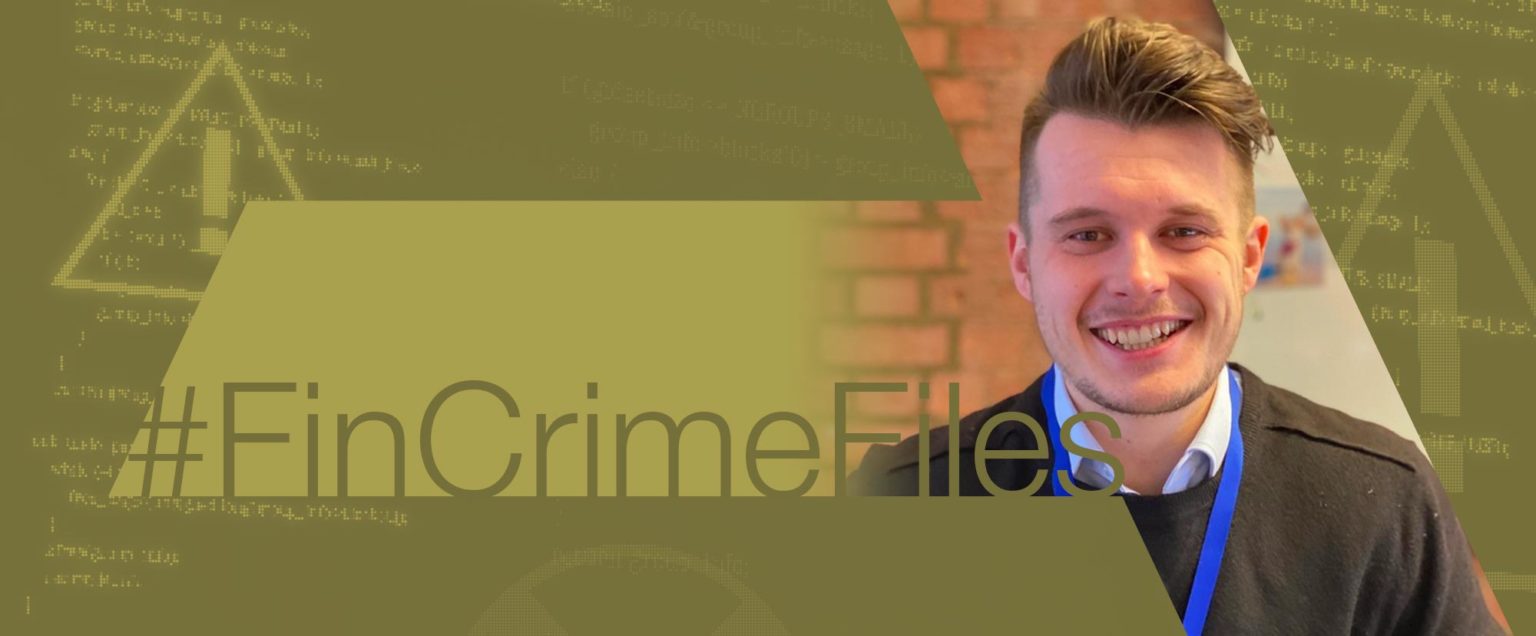3 min read
The FinCrime Files – Q&A with Matthew Tataryn, Head of Financial Crime at Tide
![]() AML RightSource
:
April 16, 2020
AML RightSource
:
April 16, 2020

In our continuing series of interviews, we attempt to uncover some of the challenges faced by those on the front line in fighting financial crime. We caught up with Matthew Tataryn, Head of Financial Crime at Tide, who kindly took some time to tell us about his position, his top three challenges in fighting fincrime and the effects the current COVID-19 pandemic has had on his role.
Describe your role and a little of your career background.
I am Head of Financial Crime at Tide. My role is to focus on the operational aspect of battling financial crime and keep our Tide members safe. On a day-to-day basis, I focus on how we continue to develop stability and drive efficiencies for our line two teams. My role is to also look at what is required from an operational perspective to support Tide’s growth. Previously I have worked for Santander and Amazon and held similar roles leading and developing teams across multiple markets in the battle against financial crime.
What do you consider to be your top 3 challenges in fincrime today?
Man vs machine – Right now technology is a huge talking point, and finding the right balance between machine learning and good old fashioned investigation can be difficult. New technologies are reducing the cost of investigation, which is a great benefit but the regulator is still very fond of human-made decisions. As a Fintech, we focus on how to find the best balance for both our members and the regulator.
GDPR and all of the red tape – At Tide the security of our members’ data is at the forefront of all things we do and support. Data sharing would make life so much easier in financial crime, but the time and effort required to do this just doesn’t bring the desired benefit. By the time you’ve got to assess the information connected to the first account, the money is already in the fifth account, and well, you know that age old expression about chasing your tail! Imagine a world where you could find out what happened to a payment once it leaves your account – amazing, right?
The size of the crime and the lack of responsibility we all feel – Financial crime is ever-changing and to stay ahead of criminals we have to think smarter. I believe that to tackle the wider problem we need to be more focused on key areas and finding solutions that combat specific typologies and patterns. One area I feel needs a large amount of work is education into what actually causes financial crime. People don’t think that a bag of weed they’ve bought from their “friend” on a Friday actually leads to potentially funding terrorist activity. But guess what? It almost certainly does.
What are the most frustrating things you have to do in terms of dealing with data, such as manual searching, paper trails, or waiting for customers?
An area of real challenge is the balance between tipping off and providing the correct service to a member. When you are investigating an account, there’s only so many times you can tell a member “your account is under review” until they want to know more. Investigations take time, and once submitted it then takes even longer for cases to be reviewed. Striking the right balance between conducting a thorough investigation and meeting a required deadline is hard to achieve on mass.
How has the current pandemic situation affected your day-to-day role?
It’s a lot busier! And that’s hard to say, as I didn’t think it was possible. As we focus on business accounts, it is important we provide all our members with as much support and information as possible. We have really tried to educate our members on potential risks they may face such as phishing scams and other new confidence tricks implemented by fraudsters. We have created a blog series to support our members in these tough times, which you can find at the links below:
https://www.tide.co/blog/coronavirus/if-plans-cancelled-due-to-coronavirus/ https://www.tide.co/blog/coronavirus/coronavirus-scams/
Finally, where do you find inspiration? What podcasts, books, social influencers, events etc do you follow as an influence?
To be honest, I don’t read a lot of books or listen to podcasts, but I do enjoy going to events and hearing people speak about their experiences. I like to read about cases that interest me: OneCoin, Danske Bank and Wells Fargo are just a few recent cases that tickled my interest. It’s strange to say, but Financial Crime is fun – who doesn’t want to know something that no one else does, right? To learn, you have to listen and then absorb.
